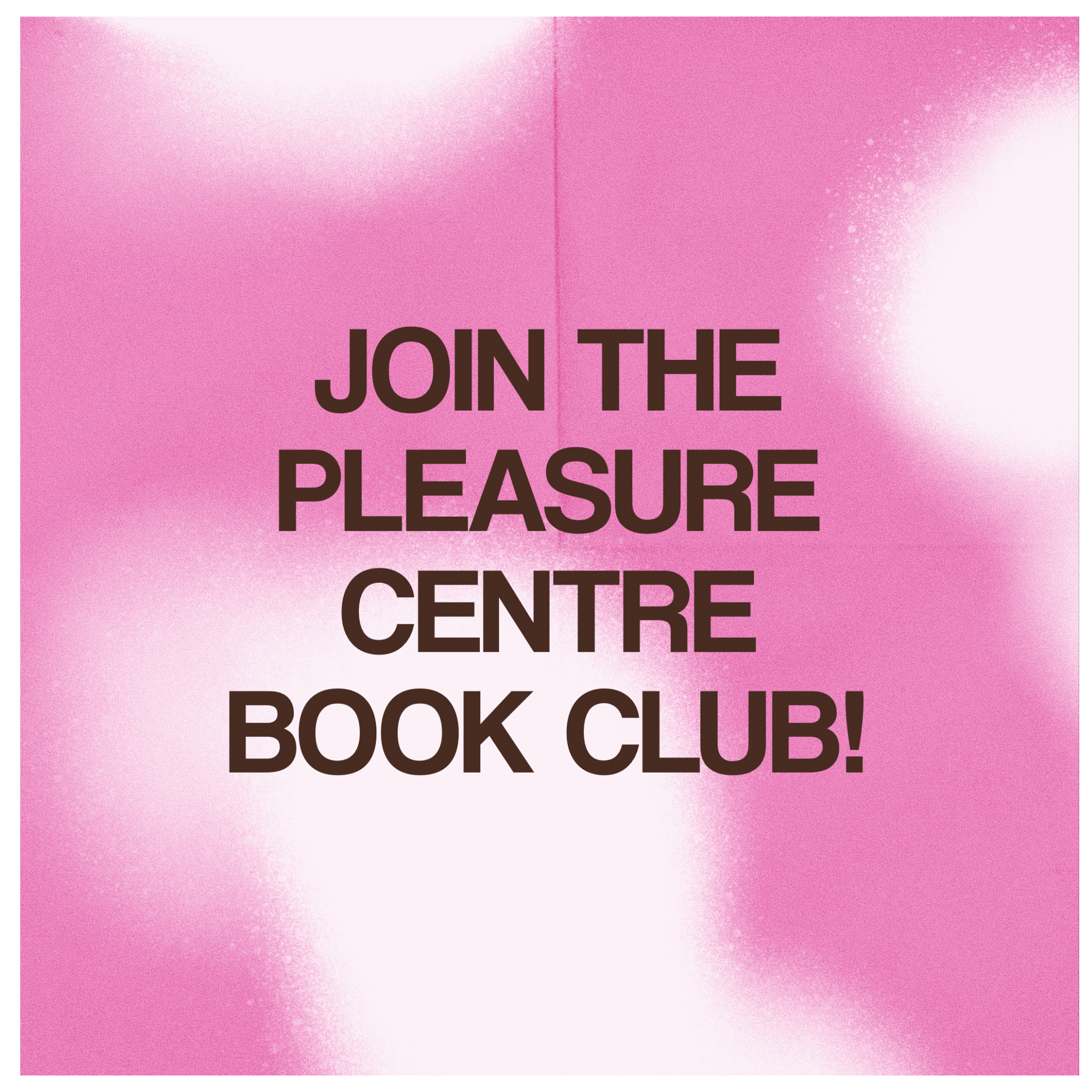The kinda-sorta-weekly blog written by The Pleasure Centre creator, Aleks.
In these blogs Aleks covers important topics ranging from sexuality and sexual function, relationships and body image to feminist theory and mental health. 🧠 💕 🏳️⚧️ 🏳️🌈
Stay up to date with new blogs and upcoming topics via our Instagram.
Why BDSM practice is better than mainstream sex.
This blog is based on a research paper I wrote in my sexology post grad. In this blog adaption, I’m going to introduce you to the subculture of BDSM, and why its features actually make for safer sexual culture than mainstream sex.
How does Sexual Response work?
Many people assume sexual function=sexual response. But these are two different things that are often not included in our sex education.
Sexual function relates to the physiological and biological occurrences in our bodies and genitals that are required for sexual activity.
The Dual Control Model of Desire
The body's central nervous system has several stop-and-start mechanisms that help control biological responses to our environment; the dual control model being one of them. To understand sexual response, we can observe the relationship between the sexual excitation system (SES) and sexual inhibition system (SIS).
3 Components to Sexual Pleasure
You may have heard of the ‘pleasure centre’ of the brain, systems of which lead us to move toward different stimulus that feel good, or move away things that feel bad. This stimulus can vary depending on each person, and therefore I refer to it as ‘default’. It’s whatever stimulated us at the time that our pleasure centre liked enough to pursue further.
Pleasure Mapping: An exercise to expand your sexual communication
You’ll notice that orgasm, lubrication, or ejaculation are not a priority in this exercise. And that is deliberate. Slowing down your pleasure with your self or others will allow the space away from goal-oriented sex, and toward maximising pleasure.
understanding sexual arousal
So to understand arousal, it requires each person to recognise the psychological (stress, attitudes about sex), social/cultural (messages about sex), biological (hormones and neurotransmitters) factors. As well as whether there is sufficient sexual stimulation through senses like touch, sight and smell.
Why women prefer to cum in certain ways?
The best way to explore your nerve clustering is to masturbate. Masturbation is fucking dope. Get into it. The other way is to practice with a partner. Ask them to mix it up a little through different oral sex techniques, or alternative sex positions. If you need guidance on these topics email me and I’ll consider writing a blog on it, but generally just engage in these activities without a goal in mind. See it as an opportunity to learn about your body.
Does the G-spot exist?
Female sexual pleasure has stumped researchers for most of human existence. Those researchers were mostly men, who quickly became defeated of the ‘complex’ and ‘mysterious’ nature of female sexual anatomy. Throughout the history of research on women’s sexuality, people have hit road blocks. This is still happening today.
Sex and Relationship Problems: How to Seek Help
When you’re stressed simple things like getting a good nights sleep and remembering to eat well are neglected while your body releases cortisol to keep you alert. In the mean time you become fatigued, anxious and often depressed. It’s incredibly difficult to carry these symptoms into an successful intimate situation.
Book club is a free virtual community that discusses literature on mental health, sex, sexuality and more.
Join via ‘The Pleasure Centre Book Club’ Facebook page with people all over Australia and abroad. Follow our socials for all updates. Click the button below and you’ll be there before you can say “sex!”.
Need someone to write about the tricky topics? You’re in the right place. The topics that Aleks can contribute informative articles for include:
sexuality, body image (what it is, how to manage concerns, especially during sex!), pleasure, understanding arousal, libido and desire styles, expanding adult sex education, feminist literature pieces and mental health.
To explore samples of writing, check out the blog. If you have questions, contact us here.
Articles are roughly $150 p/500 words.





















